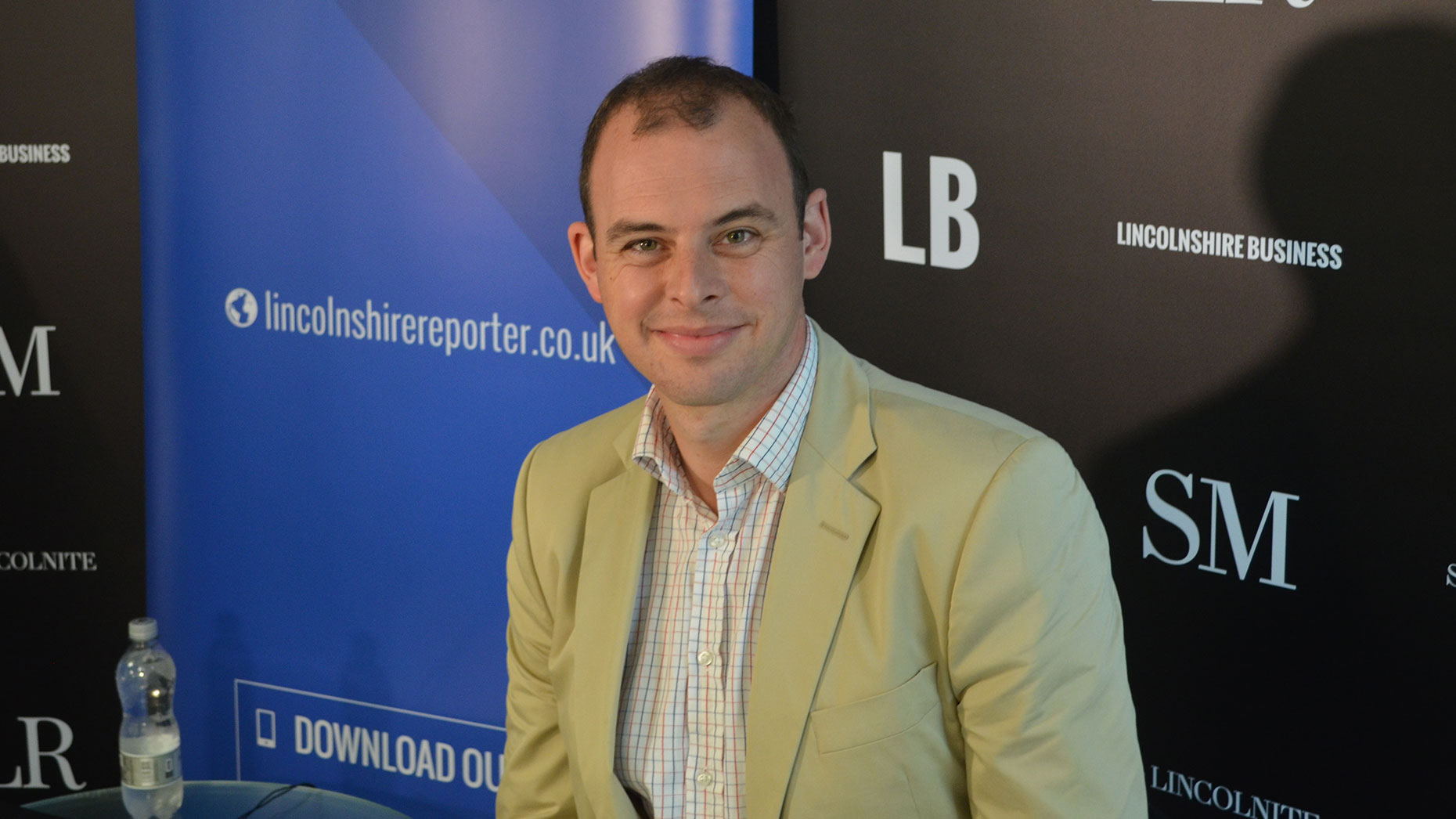Just this weekend, Skegness held its annual carnival, in Boston the annual Dragon Boat race raised thousands for charity, Lincolnshire’s newest food festival took place at Bell’s nursery in Benington, and a host of other villages hosted their summer fetes and festivals. As summer reaches its peak, it’s hard to know which event to go to first.
All these things have one thing in common, whether they’re run commercially or by volunteers: the friendly spirit of Lincolnshire runs through them like a stick of (Skegness) rock.
For me, it’s a great chance to get out and talk to people who wouldn’t normally dream of coming to a public meeting or engaging in the endless, sometimes unfriendly debates on Facebook and Twitter.
So at various events over the summer so far, many constituents have said hello, but the vast majority have taken the view that to talk shop would be to interrupt a family day out.
Kind though that is, there is a part of me that doesn’t mind momentarily escaping my one-year old’s ongoing campaign to smear ice cream into my hair, and I’m conscious that MPs can never really think of themselves as wholly off duty.
Those who do wish to talk at any length have raised issues that almost always include Brexit on some level, but which usually start with local issues such as grass cutting or the NHS. If you read the papers, one might assume that those last two are always negative, but actually that couldn’t be further from the truth.
The thousands of people who receive excellent care at Pilgrim every month want to say how valuable the hospital is, while the state of grass verges or street lights is often a subject that makes people ask themselves hard questions about where public money should be spent.
Many are often surprised by their own choices, with the reaction to changes to street lights often very different to what had been predicted. While this remains an issue that can be refined and improved, I’ve lost count of the number of people who are now keenly aware of the irritations of light pollution – and even often grateful they can now see the stars after midnight.
At Pilgrim, meanwhile, there’s huge affection for the work done by the dedicated staff, and an increasing understanding that none of the answers on the complex issue of further improving our NHS are not easy.
As I’ve also had the chance over the summer to catch up with both the chair and chief executive of the hospital trust, I’ve been keen to emphasise how vital the hospital is to all of us, and I’ve been pleased to hear that it is at the heart of plans for the future.
Articulating the sustainable, inspiring vision for Pilgrim and for rural healthcare as a whole, is of course a key part of the future plans we need locally.
I’m confident that that will happen – and I know from all those conversations with constituents just how vital it is to make it happen.







